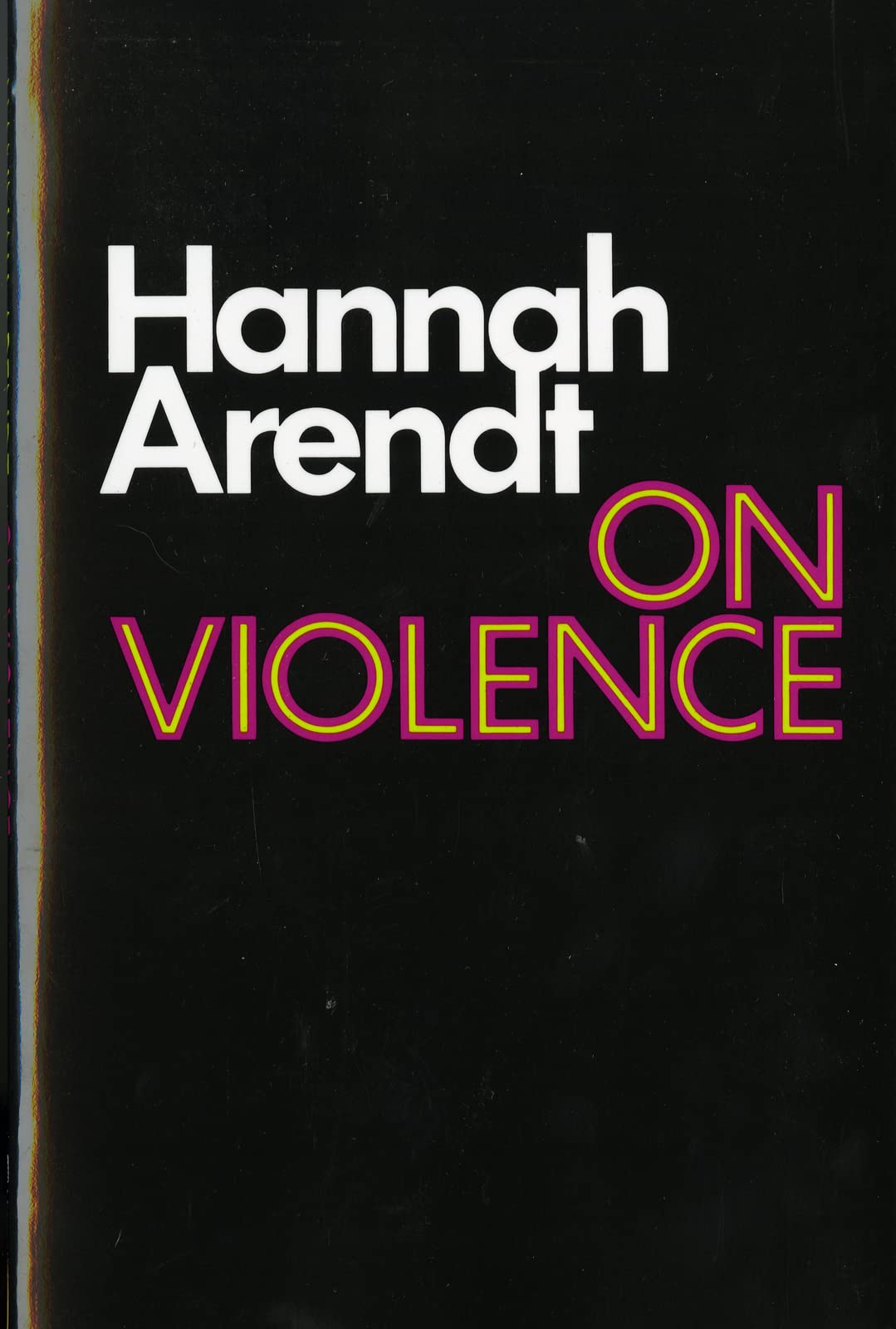Customer Services
Customer Support

Desert Online General Trading LLC
Warehouse # 7, 4th Street, Umm Ramool, Dubai, 30183, Dubai
Copyright © 2025 Desertcart Holdings Limited


On Violence (Harvest Book)
Trustpilot
1 week ago
1 week ago
1 day ago
2 months ago